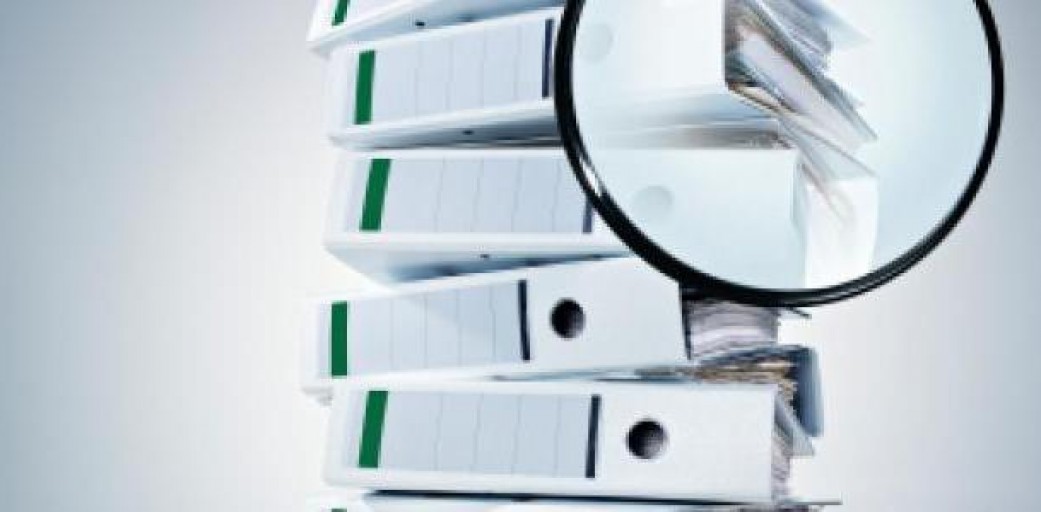While M&A due diligence is largely confirmatory, joint venture due diligence is informatory
For any joint venture to succeed, it is essential to conduct proper due diligence. An organisation must create an assessment model in due diligence, which will undertake a risk assessment by categorising business associates into risk bands. Once the organisation is categorised based on the risk, then a graded due diligence must be looked into which will help to reshape the joint ventures.
The due diligence in a joint venture is informatory, which means that the company is seeking to understand what the partner can bring to the core functioning and accelerate the growth process.
The type and extent of due diligence in the joint venture will depend on factors such as the ability of the organisation to obtain information, the cost of obtaining information, and the extent of the possible corruption risk posed by the relationship. The management of both the companies must look into each other’s financial, commercial and technical checks on business associates. It is most efficient for an organisation to institute a due diligence procedure which encompasses all necessary ethical, commercial, financial and technical checks on business associates as part of the due diligence procedure.
Utmost care must be taken to ensure that the business associate does not have a reputation for corruption or similar criminal conduct, or has been investigated, convicted, sanctioned or debarred for corruption or similar criminal conduct. Then one must also ensure that the names of the business associate and the key owners or shareholders of the business associate have a clean image. If there is evidence of corrupt actions, the organisation should ascertain as far as possible the facts of the case, and what steps the business associate has taken to ensure that there is no future recurrence.
An organisation sanctioned for corruption may be required by the relevant sanctioning authority to implement monitored anti-corruption programmes and the due diligence must ensure that. Also, if no evidence of previous corrupt action emerges, this does not mean that the organisation is corruption free. One must keep a look out on this as well.
One must source formal or informal references from third parties about the business associate’s ethics and performance and undertake necessary follow-ups. The level of influence which the organisation has over its business associates also affects the extent of due diligence. Moreover, it is much easier for an organisation to provide extensive information about themselves as part of a due diligence exercise before committing to work with them.
The management must keep in mind that if there is no negative information, it does not necessarily mean that the business associate does not pose a corruption risk. The results of due diligence must be carefully assessed and a rational judgement made by the organisation based on the facts for the joint venture. In larger organisations, it is important that these risk assessment and due diligence records are accessible by all key personnel to avoid duplicated due diligence.
Joint venture and merger & acquisition due diligence are mostly similar. One can start right from the moment when the party is identified and confidentiality agreements are signed, and usually be concluding just prior to the signing of definitive agreements. Strategic partner due diligence is important in joint ventures for risk and future investments.
In financial and commercial due diligence for a joint venture, one must access the company’s financials and also evaluate the technical and operational capabilities of the company. Finally, legal and compliance due diligence must look at an expanded range of assets and activities that may impact the joint venture. In a joint venture, due diligence needs to investigate assets and activities outside the venture those that remain with the partner company but that could directly impact the performance or the company’s reputation.
If you have any queries, write in the comment box. We would love to answer!




